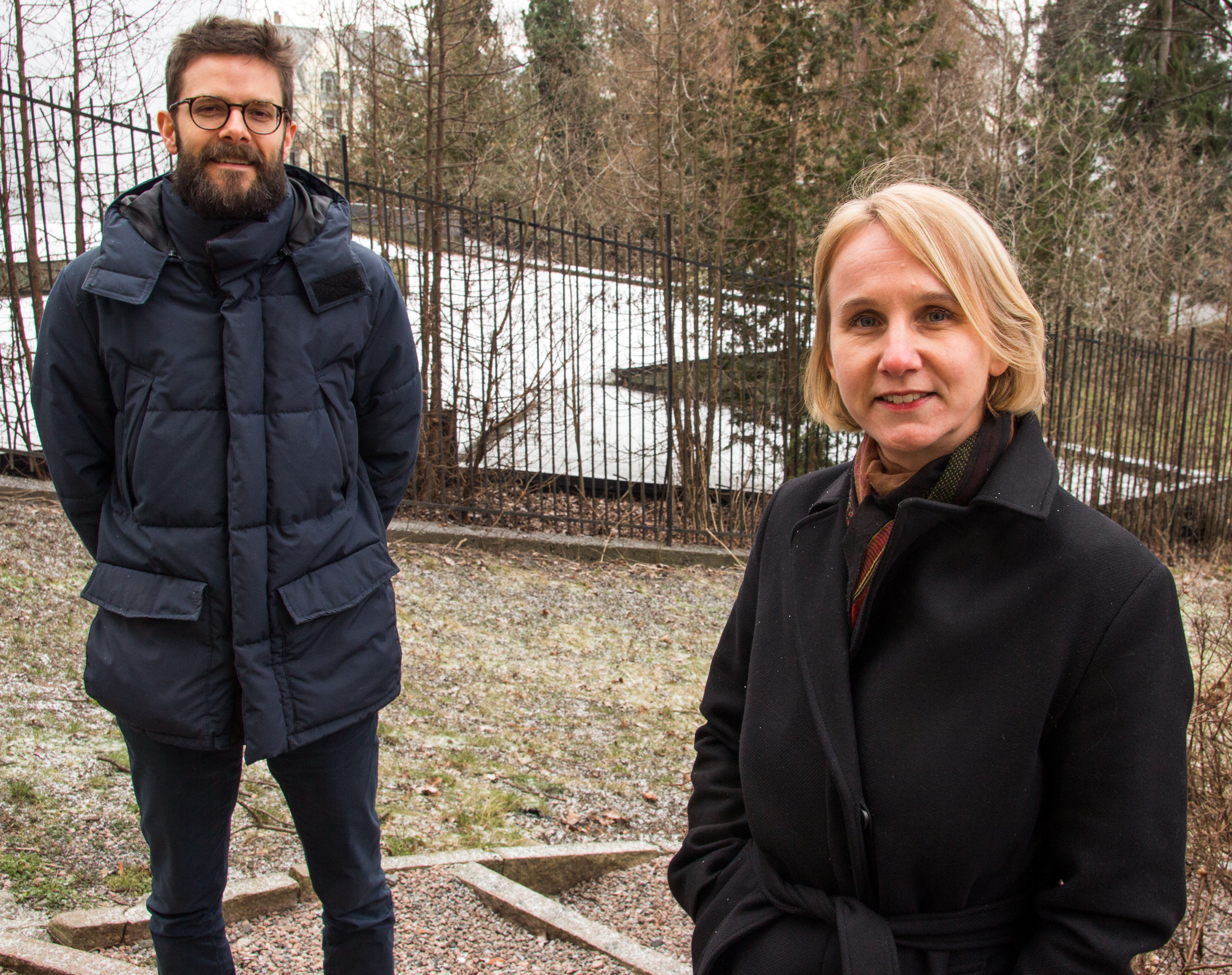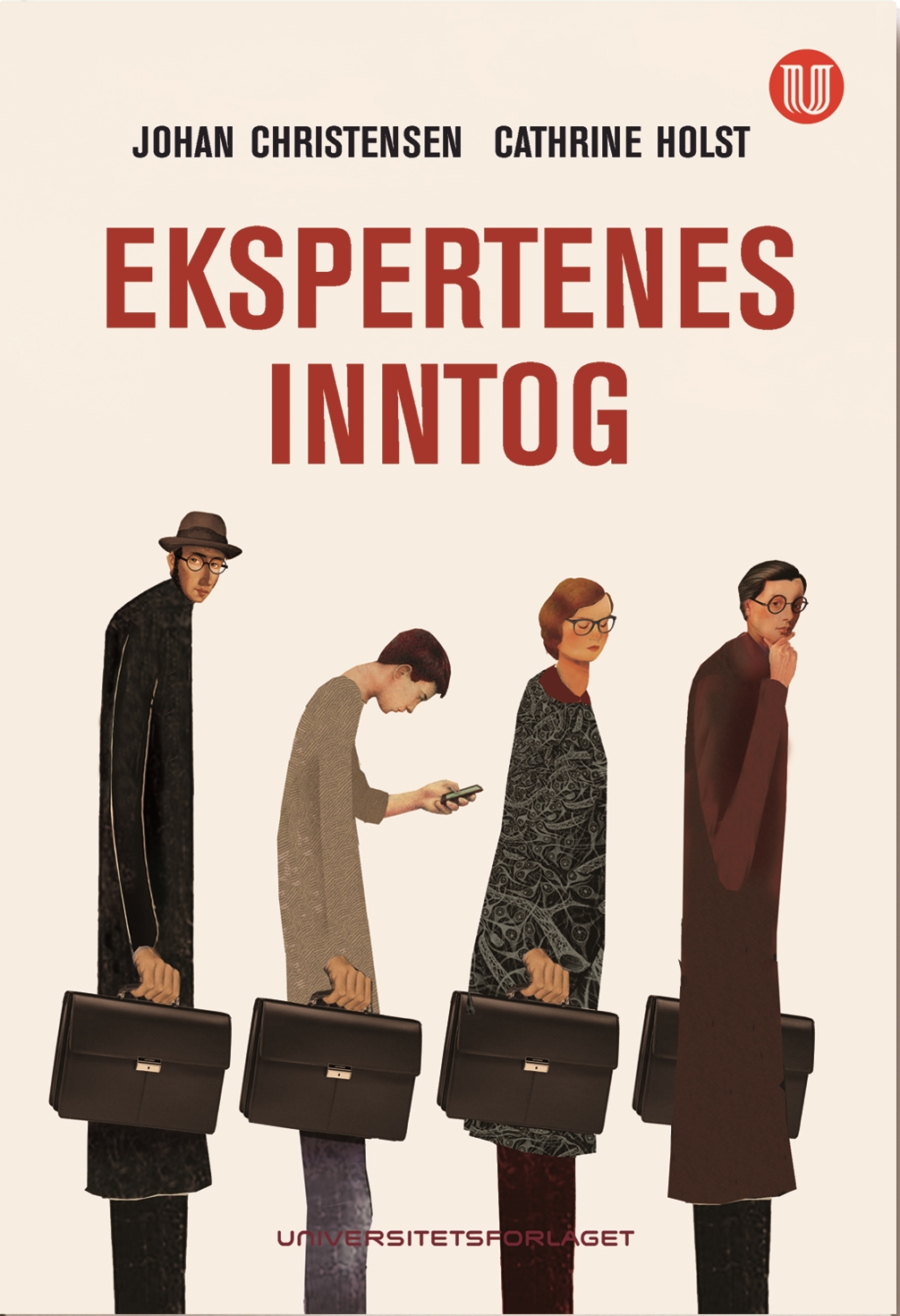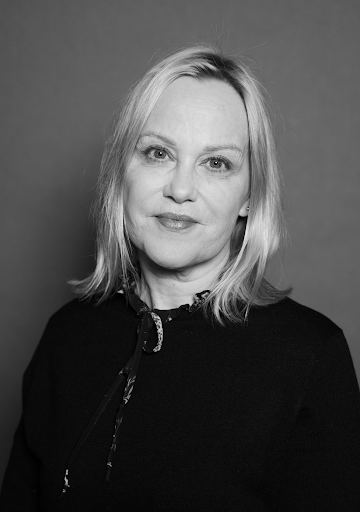CAS scholars receive funding to study experts’ political power in the Nordic countries

The question comes from Cathrine Holst, professor of sociology at the University of Oslo (UiO), and Johan Christensen, assistant professor of public administration at Leiden University.
The two scholars recently learned that they have received funding for the UiO: Nordic project Experts in Nordic policy-making – increasingly powerful? until the end of 2022. UiO: Nordic is the University of Oslo’s research initiative on Nordic countries and issues in an international context.
High scores on democratic and institutional quality, as well as on social and economic outcomes, are some of the factors that strengthen the perception in both research and in public debate about the success of the Nordic governance model.
‘Yet there are signs that the traditional Nordic combination of inclusive and knowledge-informed policy-making is under pressure,’ Holst and Christensen said.
On the one hand, there is the pressure from increasing demands for political control, which typically challenges experts’ influence. On the other hand, growing calls for even more evidence-based policy-making challenges democratic concerns; the people have elected politicians, not experts, to make decisions.
How the different countries in the Nordic region respond to these pressures is something Holst and Christensen will research in their UiO: Nordic project, which was conceived and developed as part of their ongoing CAS project What is a Good Policy? Political Morality, Feasibility, and Democracy (GOODPOL).
‘In the early implementation phase, the four involved GOODPOL researchers also happen to be on site at CAS in Oslo,’ Holst and Christensen said. ‘This facilitates the launch and planning of our project immensely.’
Experts: embraced and ignored
Holst and Christensen’s preliminary analyses suggest that the Nordic countries diverge in their response to the twin pressures on the Nordic model.

‘Whereas Norwegian policy advice institutions have become increasingly dominated by academic experts, we do not see the same trend in the other Nordic countries,’ Holst and Christensen said.
These developments will for the first time be systematically compared and assessed in this project, as the scholars will try to study some key features of experts' political power in the Nordic countries.
The pandemic’s effect on virtually all corners of society can make it seem as though experts have an increased amount of control, appearing on daily governmental press briefings alongside ministers.
But in the end, do the experts make a difference?
Holst and Christensen propose one answer: ‘Politicians may embrace the analyses and advice of experts, but they may also ignore expert recommendations or control experts in ways that make them tools of government rather than actors with independent political power.’
Holst and Christensen and their colleagues will investigate whether experts become increasingly influential over time, or whether their advice is increasingly contested and rejected, both in these extraordinary Corona times and in normal times.
The power of economists in Norway
This is not the first time Holst and Christensen will collaborate closely. They already have several years behind them researching so-called Norwegian Official Reports in Norway. These reports are published by government-appointed committees in order to find good solutions to various issues.
The duo’s findings were published in the book Ekspertenes inntog (in Norwegian only) in December 2020.
‘That politics should be knowledge-based is a robust tradition in Norway that has only become stronger in the past 30-40 years,’ Holst and Christensen said, referring to their research that shows that the number of researchers participating in inquiry commissions has increased significantly.
In the 1970s, about seven percent of committee members were researchers. This share has increased to around 30 percent in the past few decades.
One significant development in the post-war era has been the diminished role of lawyers in the civil service. In their place, economists have captured a larger role – a development that the scholars perceive as the greatest threat to the professional diversity in the Norwegian political system.

‘The economists have consolidated their position in the Ministry of Finance, which in Norway controls an exceptionally wide portfolio and occupies a powerful position,’ Christensen explained.
This means that economists control not only economic policies, but also budget policies that limit other areas of politics. The Ministry of Finance also influences how policies are shaped.
Furthermore, economic knowledge is applied in a growing numbers of areas, such as in climate politics, health and immigration.
‘And if you look at the administrative leadership in Norwegian ministries, economists are overrepresented,’ Christensen said.
In their book, the scholars present several suggestions for reform that they argue can make Norwegian policy-making simultaneously more democratic and more knowledge-based. One of their suggestions is making sure that the experts in the civil service have a more varied academic background.
Bringing together empirical and normative analysis
In their UiO:Nordic project, Holst and Christensen will focus on the influence of experts within advisory commissions both in general and during the coronavirus crisis.
In order to understand experts’ influence in the region, the scholars have mapped out three strategies: tracing the processes through which expert advice may influence policy, based on qualitative data; analyzing citations to advisory commission reports

as a measure of impact; and using quantitative text analysis to examine the correspondence between policy decisions and expert advisory reports.
‘In other words, we aim to offer an evaluation of the strengths and problems of experts’ role in Nordic governance that is rooted in systematic empirical analyses,’ Holst and Christensen said.
The researchers will also bring together empirical and normative analysis in what they describe as a methodological innovation. This is where Holst’s co-project leader at CAS, Jakob Elster, comes in.
Elster, associate professor of philosophy at UiO, will also be part of the UiO: Nordic project, focusing on questions concerning the moral argumentation of the expert groups. For instance, how do experts interpret and rank ethical concerns such as lives saved compared to the welfare of children? CAS Fellow Eli Feiring, a political scientist and public health policy expert, will also join the project.